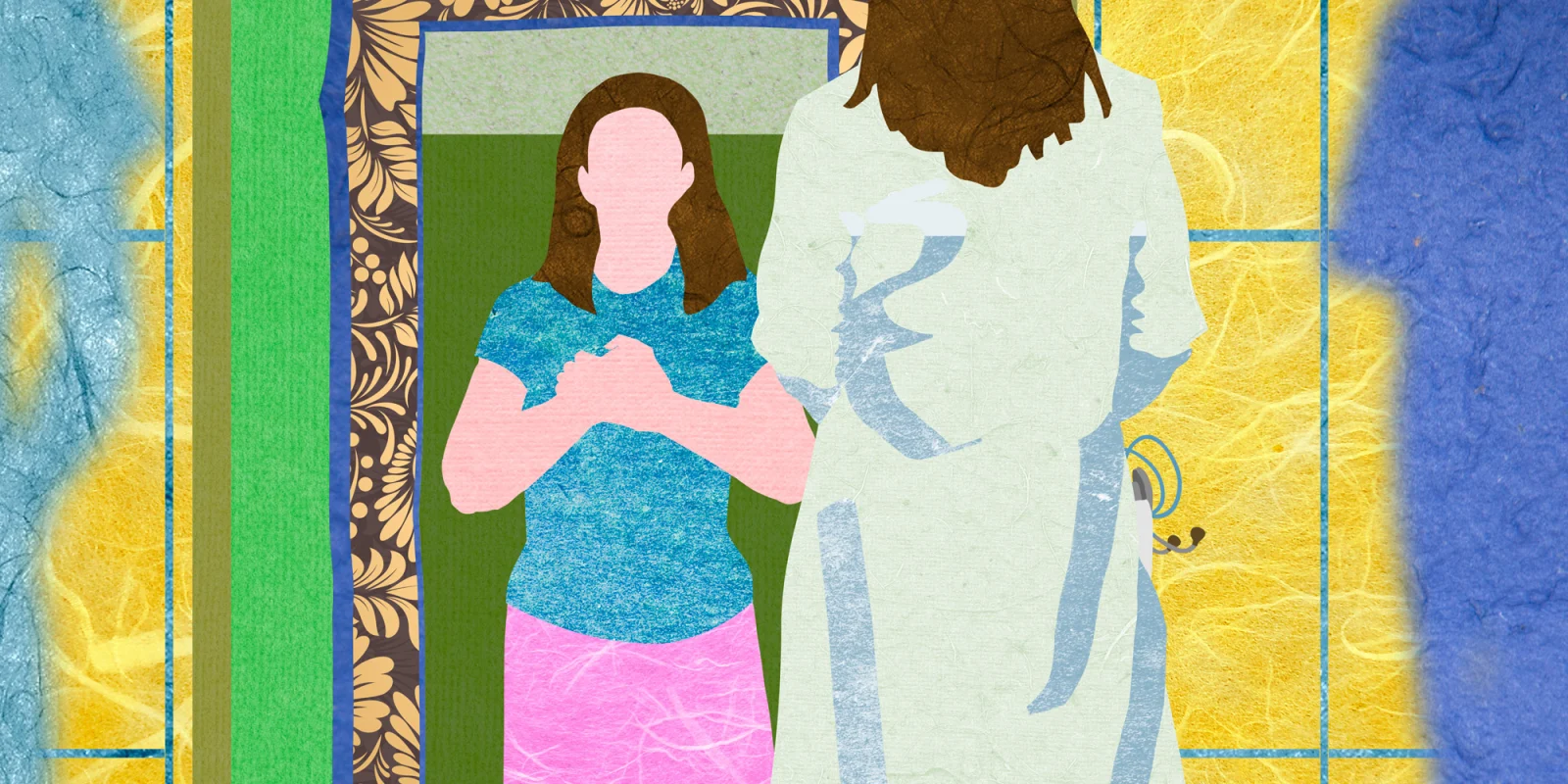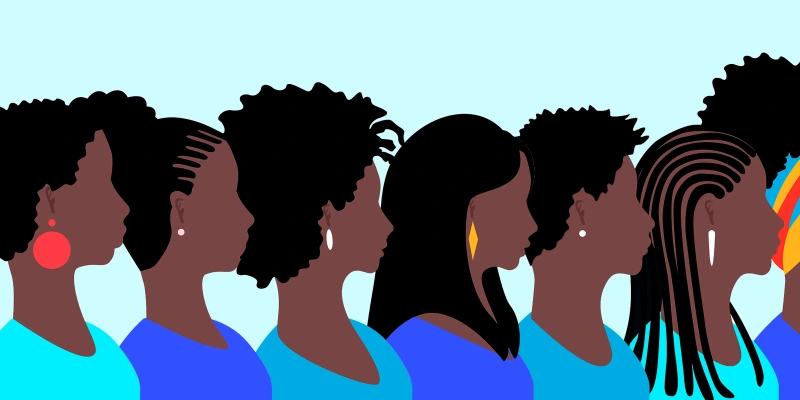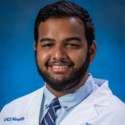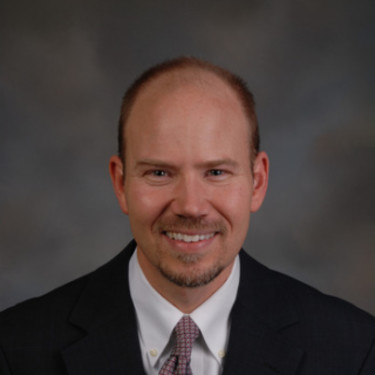 I was finishing up with my doctor’s appointment for the required immunizations I needed for medical school. My doctor asked if he could give me some advice for my upcoming journey. Being the clueless premed student I was at the time, I said, “Please do.” He said something along the lines of, “They’re going to try to rewire your way of thinking, but stay true to who you are.” I didn’t think much of his words at the time, but a year and a half later, I now appreciate the truth behind them.
I was finishing up with my doctor’s appointment for the required immunizations I needed for medical school. My doctor asked if he could give me some advice for my upcoming journey. Being the clueless premed student I was at the time, I said, “Please do.” He said something along the lines of, “They’re going to try to rewire your way of thinking, but stay true to who you are.” I didn’t think much of his words at the time, but a year and a half later, I now appreciate the truth behind them.
As pre-meds, we trudge along this path of impressing and pleasing people until we reach medical school acceptance. As we focus purely on the achievements that our professors and peers can observe, we may slowly forget about who we once were. We have this drive to be at the top of our class, ahead of everyone else. We strive to achieve perfection on each exam and do everything we can to fill those unchecked boxes on our applications. Sometimes, we feel invincible, as if there’s nothing we can’t do.
At the same time, we come up with excuses for the flaws we have, and are afraid to reveal. We think these flaws show a weakness that might hinder our reputation or future career prospects. This can make us lose the ability to be honest with ourselves. When we focus so narrowly on medicine, we forget about the other things we want in our lives outside of medicine. And that is a scary thought.
Thinking about what my doctor said that day, I do believe medical school really does rewire the brain in some unwritten fashion. Our supreme confidence that we felt when starting medical school is put in check through the trials of difficult and brutal exams, competition, and evaluations by both peers and professors. These trials are not easy to endure when we’ve tasted the success that it took to get here.
We are stressed and sleep-deprived. Sometimes, we’re dealing with imposter syndrome while being surrounded by other stressed-out individuals with similar neurotic personalities. But, through it all, a transformation starts to occur. We become a little more disciplined, self-aware, and humble. And, unknowingly, we push our limits of sustained academic effort. I think some of this is due to the challenges, high expectations, and breadth of knowledge needed in this profession. However, it is very easy to get caught up in this conveyor belt and lose sight of what made you who you are in the first place.
It’s not a new notion that highly-driven people go to great lengths to achieve success. I know of a classmate who apologized to a professor for not attending an optional lecture. I’ve had classmates appalled and emotionally distraught after missing two points on a quiz that was for extra credit.
I realize it’s important to have the drive and motivation to excel, especially when training to be a leader in medicine. And, I recognize that part of residency requires jumping through hoops, pleasing people, and doing things you may not want to do. But, at what point do we stop recognizing ourselves? At what point do we realize we’ve morphed into someone we didn’t want to be in the first place?
Some of us may come to the realization that it’s OK not to know everything. It’s OK not to be perfect. It’s OK to take time off for our mental health and pursue hobbies with friends and relatives.
It seems we all need to be reminded at some point to take a breath during our medical school marathon and remember who we once were, and why we wanted this in the first place before we got carried away in the whirlwind of medicine.
As I am still in medical school and under constant pressures and challenges, one of my fears is becoming disconnected from the general population — losing the ability to understand people and put myself in their shoes. At times, during practice clinical scenarios, my classmates and I have trouble translating medical terms, mechanisms, and other important data into a language that is more easily understandable to patients. Sometimes, we forget to do it all together because we are so immersed in the world of medicine.
It makes me wonder about the other potential deficiencies in this field that may create a disconnect with the general population — the same population whose health care we are responsible for, and the same population we were all part of before we decided to step foot into the world of medicine.
So, no matter where you are on this journey in medicine, I think it’s important to stop and acknowledge how far you’ve come. You got into college, you got into medical school, you worked through residency. You got a great grade on that one test and a poor grade on the other test. You’re celebrated for one thing, shamed for another. It’s OK.
No matter what happens, as my doctor said, “remember who you are and stay true to yourself.”
Illustration by Jennifer Bogartz






